July 1st-7th marks Alcohol Awareness week in the UK. It’s a week looking to promote discussion and create an environment where people are informed and better protected from the harms caused by alcohol.
These are the stories of those in the North West who managed to find the light in a life without alcohol, which wasn’t always the case.
Carly Lowe can remember when she last had a drink. She just can’t remember anything else about it.
Carly’s story
She remembers starting at around 11:30 am, but nothing after that, and was told that she finished drinking the next day at 1:30 am.
“I couldn’t walk because I’d stood on something the night before and I had no recollection,” she said.
“I didn’t stop drinking because I didn’t want a hangover anymore.
“I stopped drinking because I had to stop drinking.”
Carly is just one of many people in the North West who have turned their life around by entering sobriety.
She sadly lost her mum to alcoholism, and as a result, her own relationship with alcohol worsened.
“My partner could have one drink, and not have any more – I couldn’t seem to do what he could,” said the 42-year-old from Blackpool.
It was signs such as taking a bottle of wine to the sofa with her rather than just a glass, which Carly now recognises as unhealthy.
“I started to get blackouts,” she said.
“I was waking up really really bloated all the time – my body just wasn’t working properly.”
Carly was worried about alcohol impacting her the same way it did her mum. So, she made a change, and gave up alcohol.
Now, Carly, a mum-of-two, is more than three years sober.
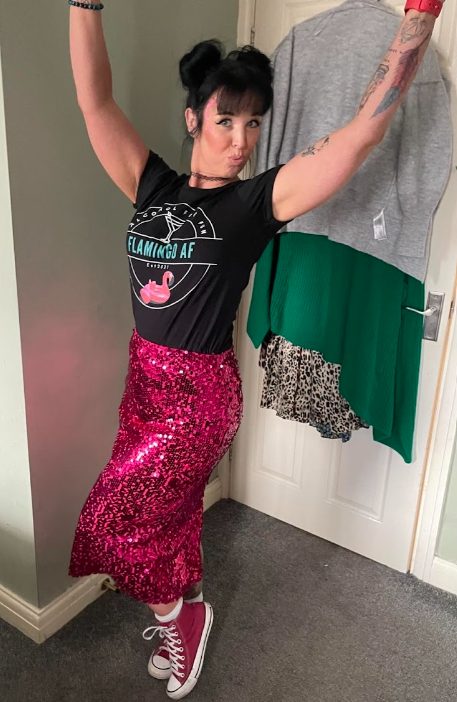
Photo courtesy of Carly Lowe.
“I’d go through those three years again to feel how I do now because I have so much more compassion for myself,” she said.
“I’m grateful that I had a problem.
“I would not want that life back if you paid me.”
Paula’s story
Carly’s not the only one. Paula McDowell, from Didsbury, first got drunk aged nine.
“At 18, the culture I worked in was going out to the pub and getting as wasted as you could,” said the 46-year-old.
For Paula, drinking went from a fun, social thing, to a coping mechanism, drinking at home.
“I knew I’d die – I was putting myself into very dangerous situations physically,” she said.
“I didn’t really care if I was dead the next day – I wasn’t suicidal, but I wasn’t bothered either way.
“I was a pessimistic, miserable glass half-empty kind of person, didn’t want to speak to anybody, didn’t want to make friends.”
After an unrelated incident at her job, Paula said all the staff were offered counselling with a therapist.
“I just broke down,” she said.
“I knew I couldn’t carry on the way I was.”
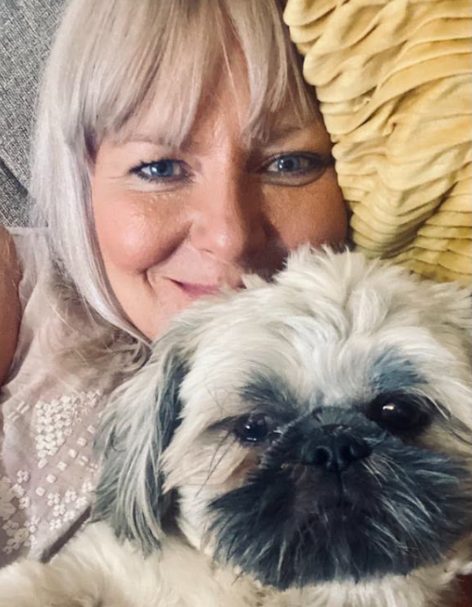
Photo courtesy of Paula McDowell
Paula’s journey to sobriety began with visiting Didsbury Owls, a branch of AA.
Two years into her sobriety, Paula’s mum fell ill and was in intensive care. Luckily, she recovered.
Paula said she’s glad sobriety gave her the mental strength to stay calm during that time.
“There’s freedom in not drinking. I’ve learnt to drive in the last two years, and got a dog, who is the love of my life,” she said.
“I’m grateful to be alive.”
Jessica’s story
Another person who’s journey has resulted in new animal companions is Jessica Smith. The difference?
She was actually recommended to get a pet to help her stop drinking. And that’s how she found herself with three pet rats.
Jessica started drinking at 18, and was drinking up until September 2022.
“I got blackout drunk, so I don’t remember what happened – people were getting scared for me,” she said.
“I was starting to almost get barred from bars. I was pushing it further and further and further.
“I needed to do something to stop.”
Jessica’s support service recommended she get a nocturnal pet to have a reason to go home in the evening.
“If I went out for the day and someone said ‘let’s go to the pub’, I’d have to say ‘sorry, I have to go and feed my pets first”, said the 32-year-old from Tameside.
Jessica also got referred to Smart Recovery, a weekly group which provides sobriety support.
With its support, her mental health has improved, she’s more positive and she’s making plans for the future.
What is Smart Recovery?
Smart Recovery is a non-profit organisation based across the UK, which provides a science-based alcohol recovery programme.
Daniel Howell, 40, is the Community Coordinator for Smart Recovery in the North West. He’s also in recovery.
“To have ended up in this position, it’s quite a blessing really to be able to help people,” he said.
“It’s just amazing to see the light come back in people’s eyes – you’ve been there, and you remember what it felt like to get out.
“It’s swapping a lifetime of daily chaos, pain and suffering for yourself and those around you – physical, mental, emotional – for a stable life and peace of mind.”
Daniel said there’s still stigma in society about the way addiction is viewed.
“From the outside, it’s very difficult for someone to look at someone with addictive behaviours and not understand why they can’t just choose not to do it,” he said.
Someone who chooses to stay aware of the fact that alcohol is an addictive drug is Greg Holmes.
Greg’s story
Greg uses the phrase ‘taking alcohol’, to keep in mind that alcohol is a depressive drug.
The 42-year-old from Blackpool started drinking as a teenager for confidence. Working in hospitality, drinking culture was all around him.
“It would be a macho thing, who could stay up the latest and be the wildest”, said Greg, who is a waiter and musician.
Greg would usually drink after work, by himself in bars, or at home.
“I’d drink myself to sleep and start the cycle again,” he said.
“I’d either be working, drinking or hungover, lying in bed – a pretty miserable existence.”
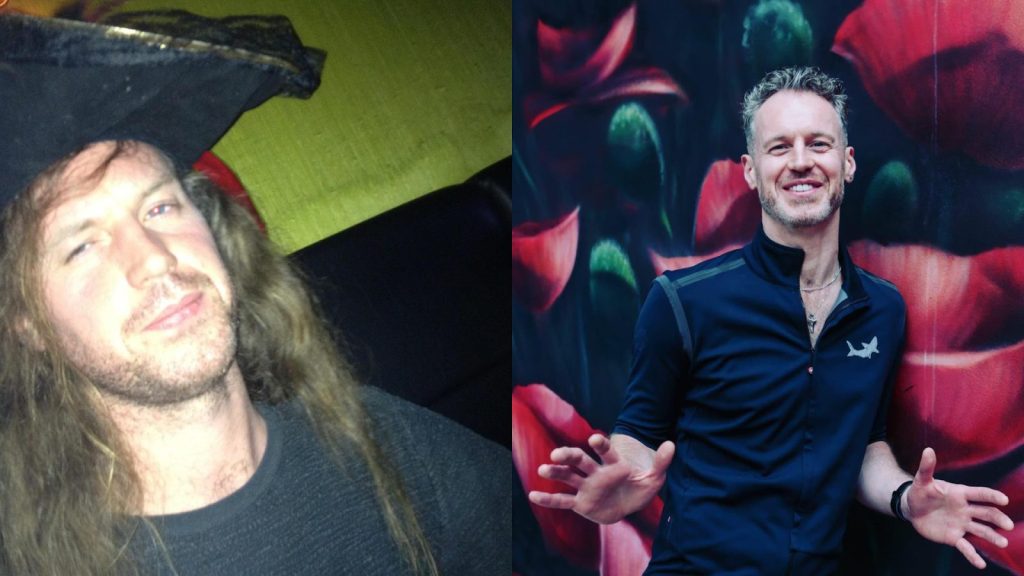
One night, Greg dropped and damaged his guitar after a gig, and couldn’t recall it. He said to his dad he needed to do something about his drinking.
“I realised I was just miserable. I’d been miserable for a long time.
“The thing that was causing that was taking a depressive drug very regularly.”
The last time Greg drank was over five years ago.
“The mindset I used to have was ‘Poor me, life’s so hard, I’m miserable, I’m a loser, I’ve got nothing going for me’,” he said.
“Now, I just feel so energised and have got a lust for life.
“I love finding new things and new breakthroughs, and I love making my music.
“I love being alive.”
Feature image: Photos courtesy of Carly Lowe, Greg Holmes and Paula McDowell.
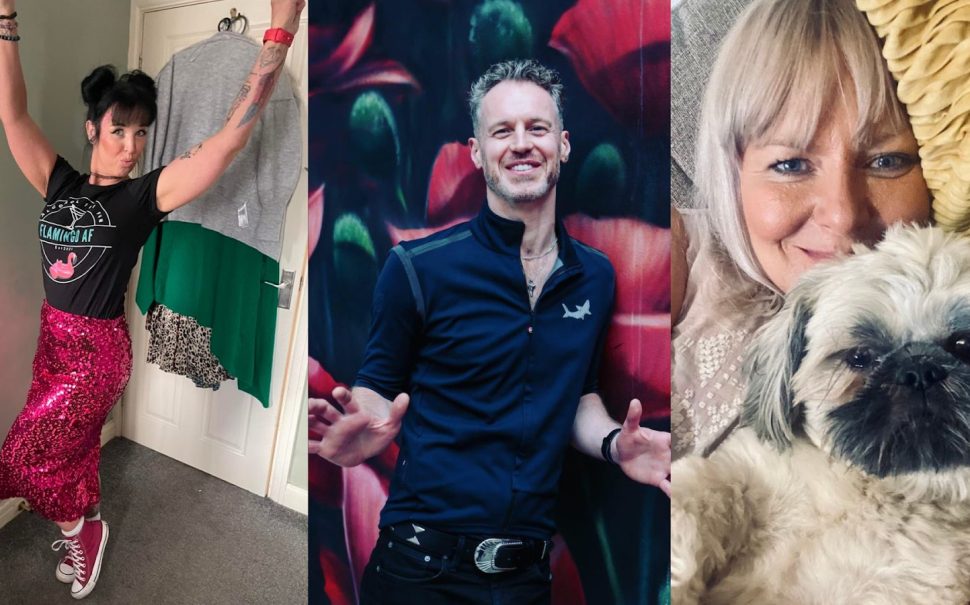
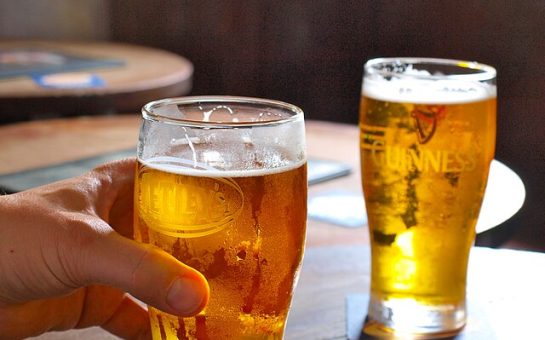
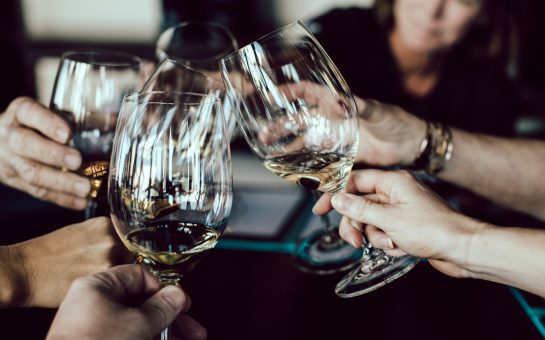
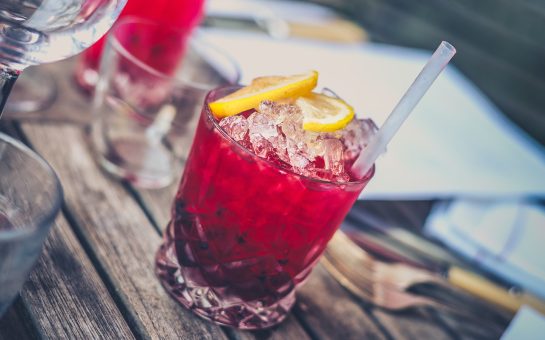
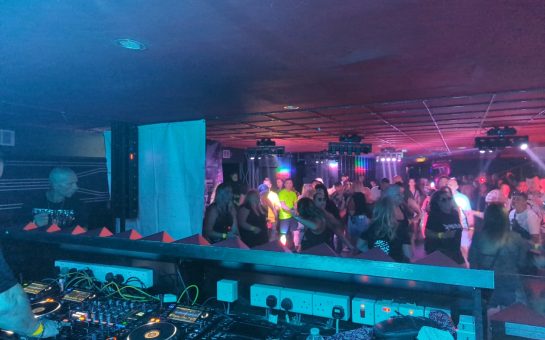
Join the discussion
These powerful stories of sobriety from the North West inspire hope and resilience. Celebrating courage and the transformative journey to a healthier, alcohol-free life.